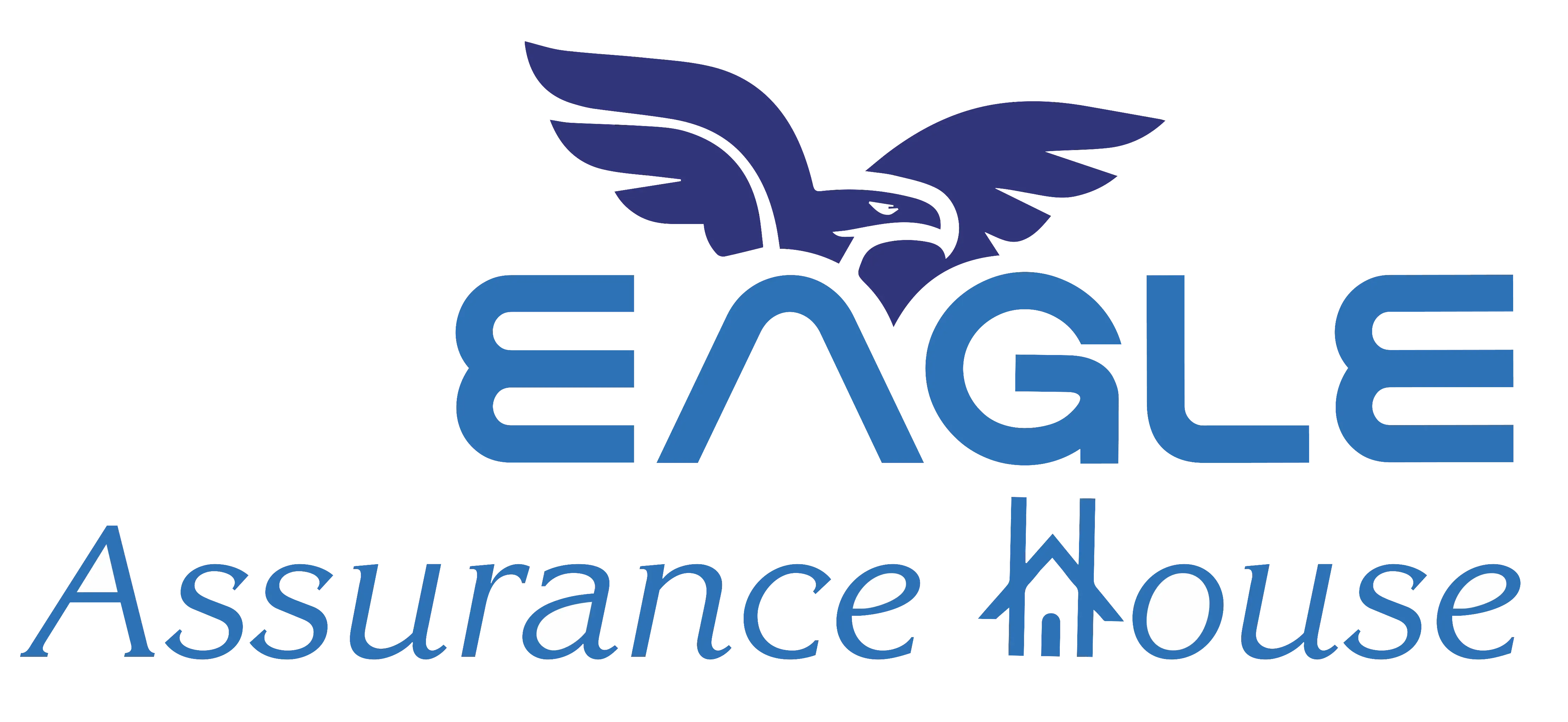
How Quality Control Enhances Consistency and Efficiency in Tile Production







In the ceramic tile industry, the supply chain is complex and multi-tiered, involving the sourcing of raw materials, manufacturing, distribution, and delivery. At every step, quality control (QC) plays a crucial role in ensuring that the final product meets the expectations of both manufacturers and customers. Without rigorous quality control, the end product can suffer from inconsistencies in size, durability, aesthetics, and performance. For manufacturers, retailers, and consumers alike, an effective QC system is the backbone of trust in the ceramic tile supply chain.
we will explore the critical role of quality control in maintaining high standards throughout the ceramic tile supply chain.

The first step in creating high-quality ceramic tiles is sourcing the right raw materials—primarily clay, feldspar, quartz, and various pigments. Variations in the quality of these materials can significantly impact the final product. Quality control ensures that the raw materials used in tile production meet precise specifications, leading to consistency in the manufacturing process.
How QA Inspections Help:
Quality control begins with verifying the purity and composition of raw materials. Before entering the manufacturing process, each batch is tested to ensure it meets specific quality standards. Throughout production, inspections are conducted to monitor uniformity in tile thickness, color consistency, and glaze application.
Benefit:
By maintaining strict quality control from the start, manufacturers can produce tiles that are consistent in size, appearance, and performance, minimizing defects and ensuring customer satisfaction.
Defects in ceramic tiles, such as cracks, warping, or uneven glazing, can occur during manufacturing. If not detected early, these issues can progress through the supply chain, leading to expensive recalls or customer complaints once the tiles reach the market. Early detection of defects through quality control can save time, money, and resources.
How QA Inspections Help:
In the production phase, QC measures include real-time inspections of the manufacturing line to detect and address any issues immediately. Tiles undergo rigorous testing for impact resistance, water absorption, and surface flaws before they are approved for sale. This reduces the likelihood of faulty products reaching the consumer.
Benefit:
By identifying defects early, manufacturers can reduce waste, avoid costly rework, and maintain a steady supply of high-quality tiles for retailers and customers.
Ceramic tiles must adhere to various international and national standards, such as ISO 13006 and EN 14411, which regulate product quality, safety, and environmental impact. Meeting these standards is essential for building trust with global buyers and ensuring that tiles are safe for use in different settings.
How QA Inspections Help:
A strong quality control system ensures that every tile batch complies with relevant industry standards. This involves performing tests to evaluate properties such as slip resistance, chemical resistance, and thermal shock durability. Compliance with these standards not only prevents regulatory issues but also positions the brand as reliable and trustworthy.
Benefit:
Compliance-driven QC helps manufacturers expand into international markets and strengthens customer confidence in the product’s safety and durability.
A well-functioning supply chain is not just about delivering products on time; it’s also about ensuring that those products meet the required quality benchmarks. Efficient QC processes streamline the entire supply chain by minimizing delays caused by quality issues and reducing waste through proactive inspections.
How QA Inspections Help:
By integrating quality checks at multiple stages—from material procurement to product delivery—quality control minimizes bottlenecks and reduces costly returns or product recalls. This allows manufacturers to maintain an efficient production flow while ensuring that tiles consistently meet high standards.
Benefit:
An optimized supply chain with effective QC reduces operational costs, improves customer satisfaction, and enhances the manufacturer’s reputation for reliability.
In the ceramic tile supply chain, quality control is indispensable for ensuring that each tile meets industry standards and customer expectations. By incorporating stringent QC measures from raw material sourcing through to the final product, manufacturers can minimize defects, enhance efficiency, and maintain compliance with global regulations. Effective quality control not only improves product consistency but also reinforces trust across the entire supply chain, benefiting manufacturers, suppliers, retailers, and customers alike.
A proactive approach to quality control helps ensure that the ceramic tile supply chain remains efficient, reliable, and capable of delivering the highest-quality products to the marketplace.